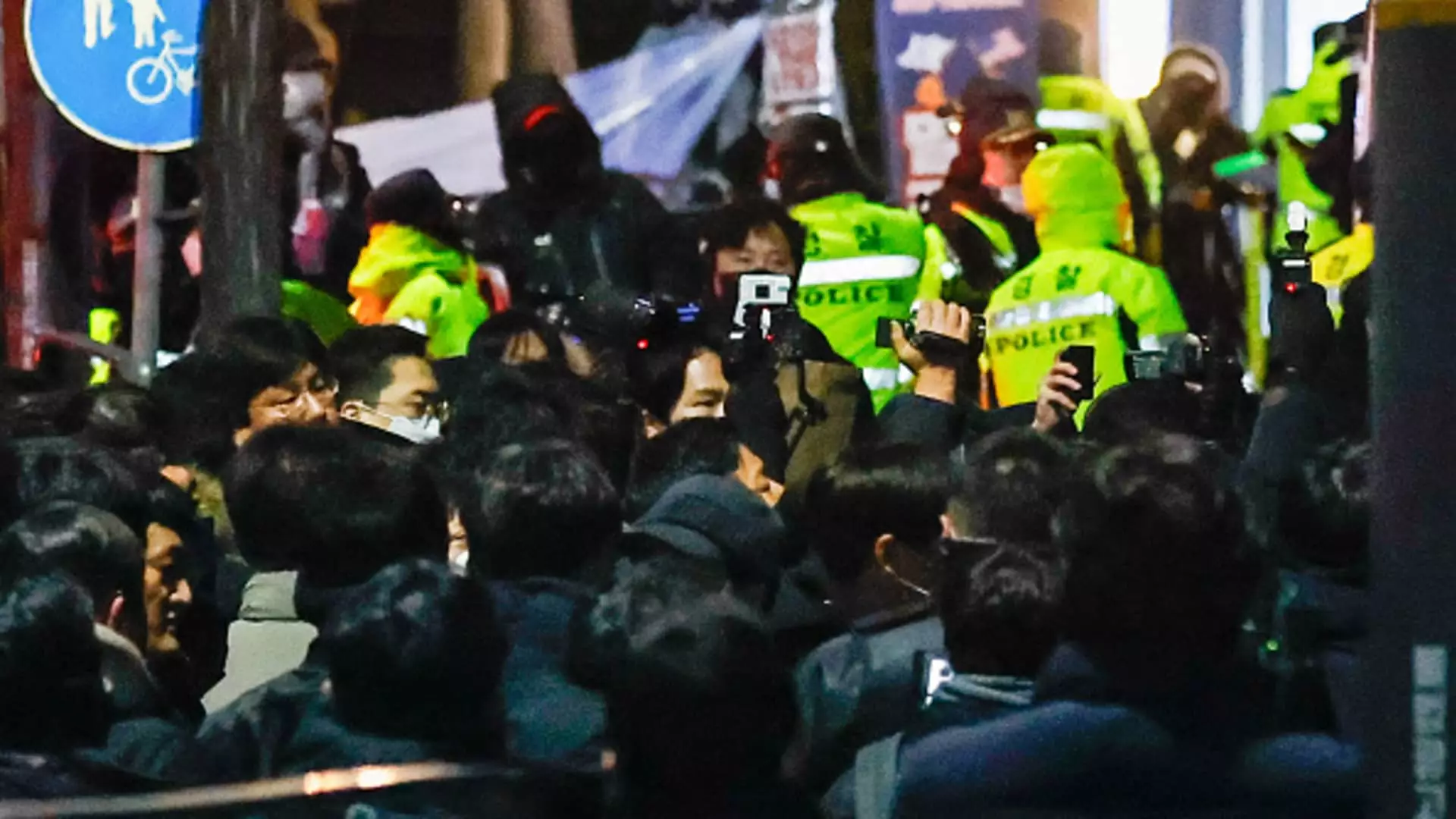In an unprecedented event for South Korean politics, President Yoon Suk Yeol has found himself entangled in a web of legal controversies, culminating in his arrest by the Corruption Investigation Office (CIO) for High-Ranking Officials. This bold move marks a significant departure from the nation’s historical norm where sitting presidents enjoyed a semblance of immunity. Yoon’s troubles began with an audacious attempt to declare martial law, citing threats from North Korea, an action that has historically edged on the brink of treason and insurrection.
The arrest attempt on January 3, which was foiled by agents from South Korea’s Presidential Security Service, drew widespread attention, not least because it highlighted the extraordinary measures taken to protect a sitting president. Approximately 3,000 police officers were deployed for a second attempt to gain access to Yoon’s residence, emphasizing the intense nature of the political crisis engulfing the nation. Meanwhile, Yoon’s pre-recorded video statement, where he expressed concerns over the integrity of the legal system, adds a layer of drama to an already tense atmosphere. His claim that “the law of the country has collapsed” underscores a broader narrative of dissatisfaction with the ruling structures in South Korea.
In the wake of Yoon’s arrest, the South Korean stock market reacted with surprising indifference. The Kospi index saw a slight increase of 0.21%, while the smaller Kosdaq index experienced a minor decline of 0.44%. The South Korean won experienced a nominal dip against the U.S. dollar, trading at 1,459.75. Notably, the yield on 10-year government bonds also climbed, suggesting that investors are brewing a mix of cautious optimism and skepticism regarding the political stability moving forward. This reflects the complex interplay between political uncertainty and economic indicators in a rapidly evolving situation.
Yoon’s legal challenges do not solely stem from the martial law declaration. He is facing serious allegations of insurrection, a charge that carries severe penalties, including the death penalty in South Korea. Rather than seeking a diplomatic resolution to these allegations, Yoon has positioned himself as a martyr for political integrity. On December 31, a Seoul district court approved an arrest warrant for him, which highlights the proactive stance taken by the judiciary in asserting accountability. The subsequent impeachment process, initiated shortly after Yoon’s martial law declaration was overturned by a defiant assembly, marks a watershed moment in South Korea’s political landscape.
The unfolding drama surrounding Yoon’s presidency is not merely a story of one individual but speaks to broader issues inherent in South Korea’s democratic framework. As lawmakers convene to assess Yoon’s impeachment, the public’s disillusionment with their leaders is palpable. The implications of this crisis extend beyond Yoon’s future; they pose fundamental questions about the nature of governance, the rule of law, and the relationship between the state and its citizens in South Korea.
As the situation develops, South Korea stands at a precipice, one where the actions taken in these critical hours could chart the course for its political future for generations to come. Yoon’s saga could either serve as a stark warning against autocratic tendencies or as a catalyst for a more robust democratic process. The coming weeks promise to be pivotal in shaping the nation’s political landscape.

Leave a Reply